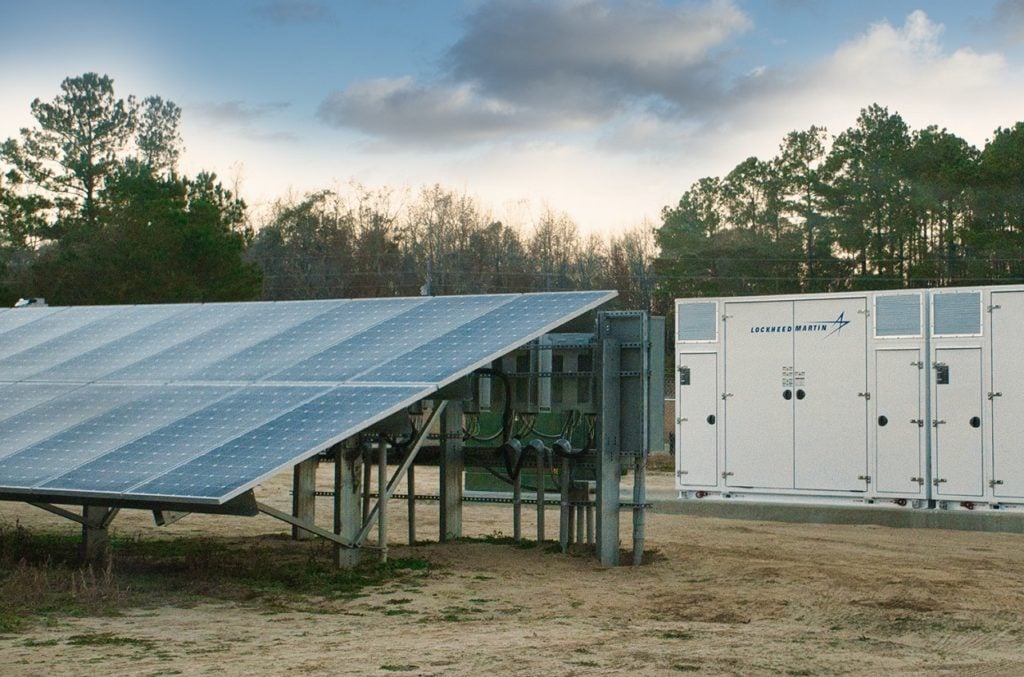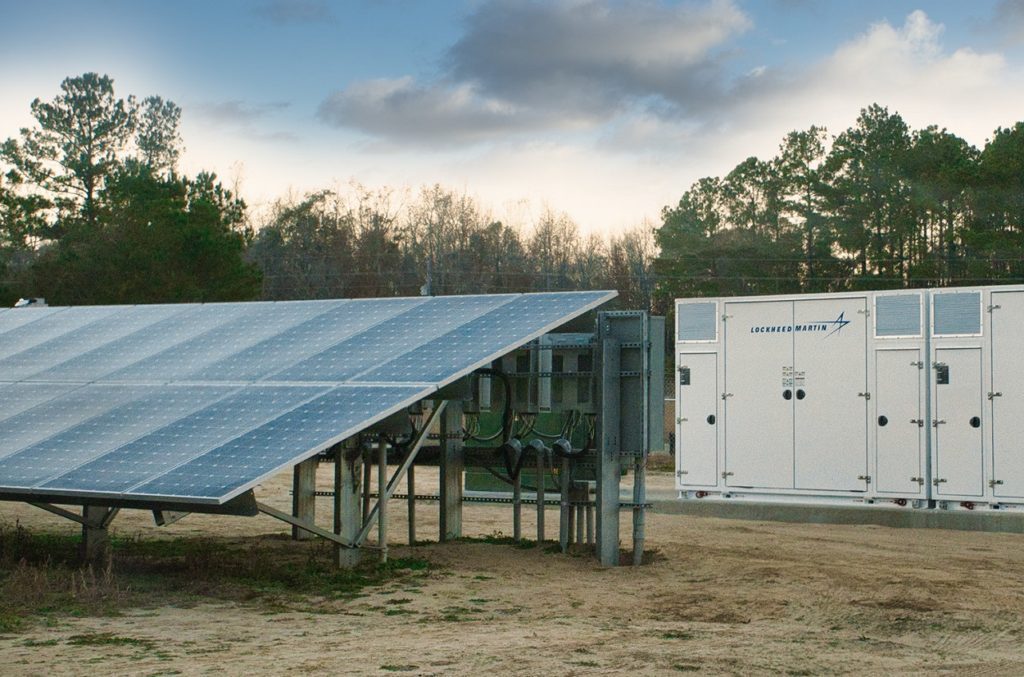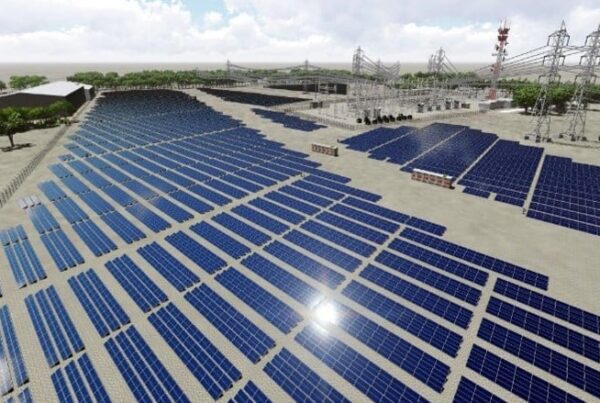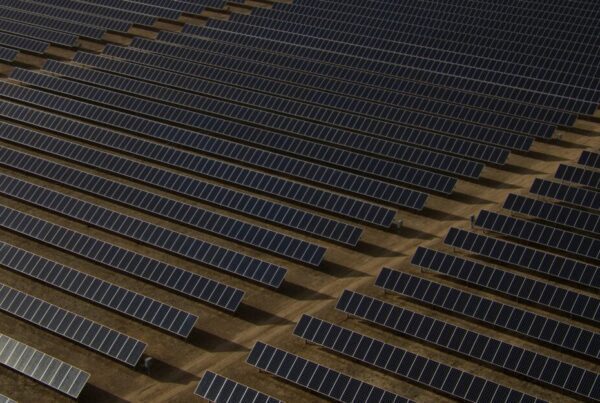
Utility-scale solar will overtake coal in North Carolina’s net electricity generation thanks to the declining costs of deploying solar, but the leading position in solar deployment will be threatened in the upcoming years.
In a North Carolina Sustainable Energy Association blog post, the association said the declining cost of solar had made it the lowest cost form of energy, driving coal to become financially non-competitive. Last year, coal’s share of total electricity generation dropped to 10.9%, while solar accounted for 8.5%.
Earlier in the fourth quarter of 2021, utility-scale solar surpassed coal in net electricity generation, with coal accounting for 5.5% and solar contributing 6.8% to the electricity generation mix. The same phenomenon took place again in Q3 and Q4 2022.
The association cited Lawrence Berkeley National Lab that the median installed costs of PV have fallen by 76% since 2010 in the US. Such increasing affordability, coupled with the efficiency of solar panels and favourable state policies, contributed to the rising significance of North Carolina’s energy landscape.
Conversely, supply chain disruptions and cost volatility throughout the COVID-19 pandemic led to the rising cost of coal. Therefore, the state retired some coal facilities, with the rest of the fleet scheduled to retire by 2036.
Policies also played an important role in this shift. The Renewable Portfolio Standard (RPS) passed via Senate Bill 3 in 2007 mandated that a certain percentage of the state’s electricity must come from renewable sources. By 2021, each public utility in North Carolina should ensure that 12.5% of retail sales are generated via renewable sources.
The same policy also required electric membership corporations and municipalities to provide 10% of their retail sales via renewable energy.
In Q1 2023, the state’s installed solar capacity was 8,407MW, ranking fourth for total installed solar capacity. However, US trade body Solar Energy Industries Association (SEIA) said North Carolina will only be ranked 30th in the nation for total solar deployed (1,682MW) over the next five years, which will drive the state down in the leaderboard.





